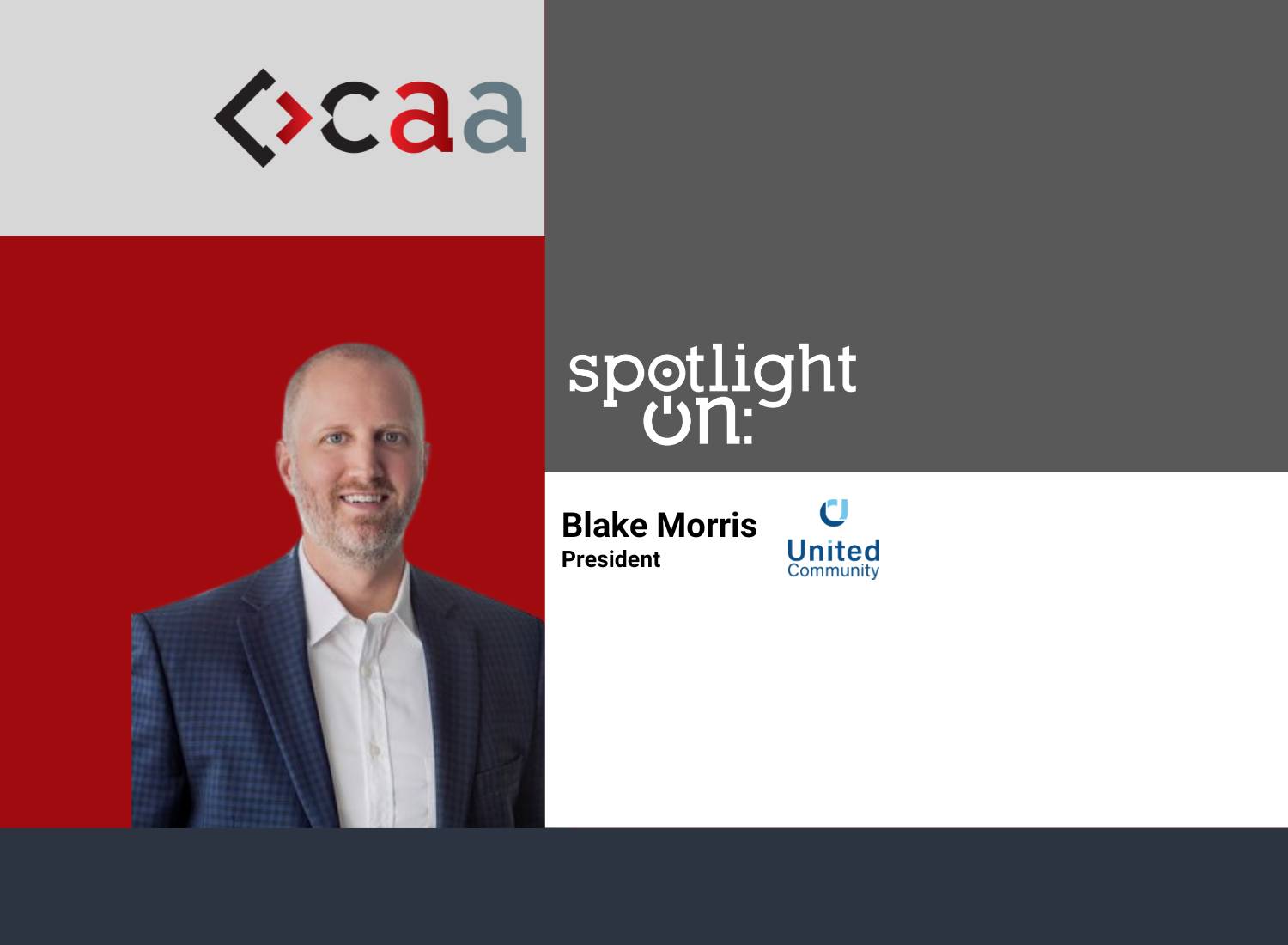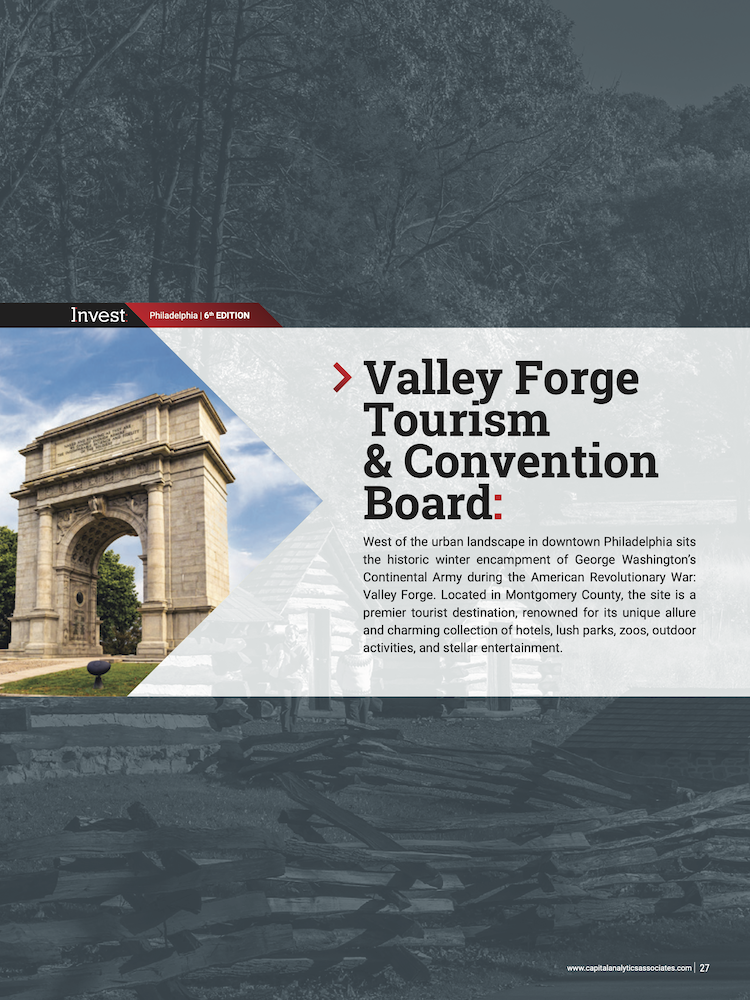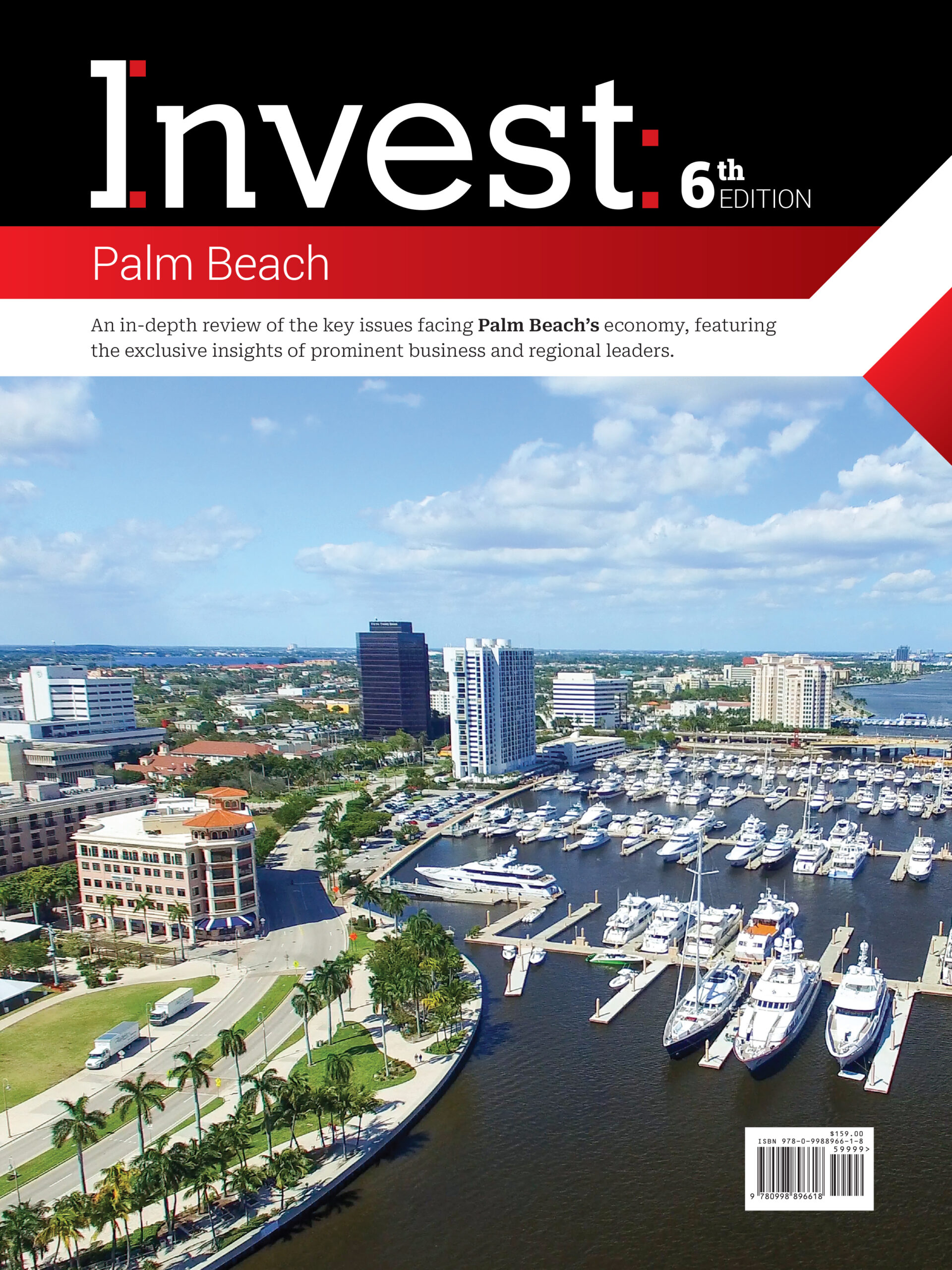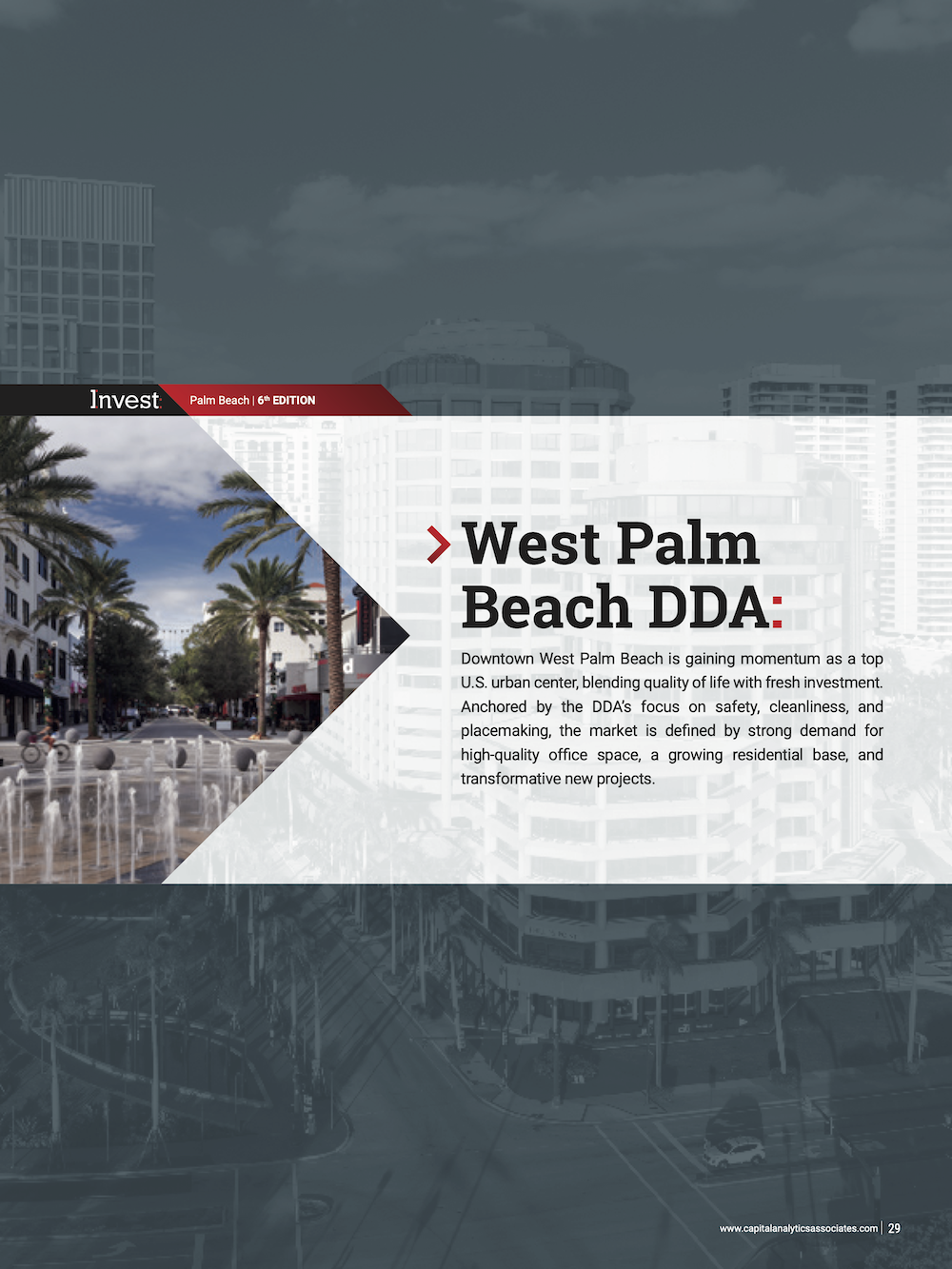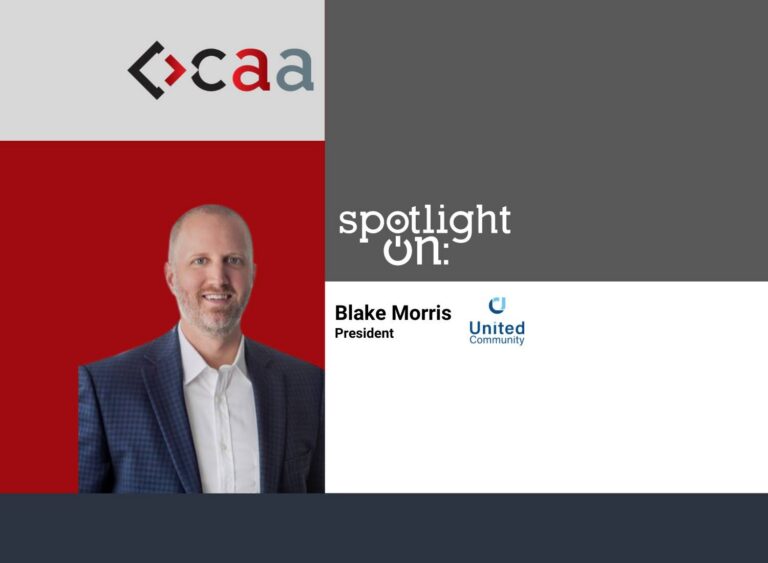Spotlight On: Robb Pitts, Chairman, Fulton County Board of Commissioners

In an interview with Focus:, Robb Pitts, chairman of the Fulton County Board of Commissioners, emphasized the county’s strategic focus on equitable development, infrastructure investment, and global engagement. “By all accounts, whether from external experts, internal reviews, or the secretary of state, we received top marks,” he said.
What significant county milestones and accomplishments over the past 12 to 18 months would you highlight?
Let me start by saying that the world was closely watching Fulton County, especially due to the attention around the 2020 elections and the anticipation of the 2024 elections. I’m proud to say that we were very successful in 2024. Given the unfounded criticisms from 2020, many expected Fulton County to struggle, but that couldn’t have been further from the truth. By all accounts, whether from external experts, internal reviews, or the secretary of state, we received top marks. Everyone gave us an A+, citing our elections as open, fair, and transparent.
One key reason for this success was the investment we made in building a new, state-of-the-art facility in South Fulton County, which we call the Elections Hub. I’m not aware of any other place in the country with a similar setup. Before this, our election operations were scattered across the county. This facility allowed us to centralize everything under one roof with modern, high-tech infrastructure, which significantly improved our operations. We also had a well-trained workforce. So, if I had to name the most significant achievement over the last year, that would certainly be it.
How would you describe the economic climate in the county?
Fulton County has a unique makeup. The northern part is quite developed. The central area includes the city of Atlanta, which receives a lot of attention. However, the southern part remains less developed, and that’s where I’ve focused my efforts as chair of the Fulton County Commission. We’re seeing real progress, not only domestically but also internationally.
I’ve led several trade missions to places like India, South Korea, Colombia, and China, and we have more planned. These missions serve two purposes: to introduce international communities to Fulton County and to identify firms interested in expanding, relocating, or partnering with local businesses, particularly in South Fulton. Many people know Atlanta and the state of Georgia, but they aren’t familiar with Fulton County itself. I often have to remind folks that Atlanta is in Fulton County — not the other way around. We love our capital city, but Fulton County is the larger jurisdiction, home to 15 cities, and truly the economic backbone of the region.
How does collaboration between local governance, county government, and the private sector help create a thriving ecosystem in Fulton County?
We look at Fulton County as a unified region composed of 15 cities and three distinct areas North, Central, and South. Although each area has its unique challenges, we work together. For example, I recently reinstated what we call the “We Mayors” meetings, where we bring together mayors to discuss common issues and share solutions.
Additionally, I formed a working group with the chairs of the “Big Five” counties — Fulton, Clayton, DeKalb, Gwinnett, and Cobb — who meet quarterly to collaborate on regional matters. We also remain in close contact with the private sector because strong partnerships are essential.
As a result of this collaborative leadership, we’ve achieved a AAA bond rating, which is a major accomplishment. It reflects not only our strong economy but also confidence in our governance. That rating is a testament to what we’ve built here.

Can you expand on how you are supporting both job seekers and businesses in addressing labor market needs?
Our workforce development program is one of the best in the country. Other jurisdictions often reach out to us to learn from our model. With all due respect to surrounding areas like Atlanta, our system works — and that’s why others look to us as an example.
As Chief Local Elected Official, or CLEO, I oversee our program and am extremely proud of the work being done by Brett Lacy, who leads our operations. We understand that for Fulton County to thrive, we need a strong and vibrant workforce. In response to the workforce disruptions caused by the layoffs stemming from the Department of Justice efforts in Washington, we were one of the first counties to launch a dedicated program to assist affected professionals.
Our goal is not just to recruit for county government — we have over 800 vacancies — but to help residents find employment across municipalities and the private sector. While we can’t always match private sector salaries, many professionals are drawn to the stability, mission, and benefits of government work.
What are the top priorities, whether in transportation, utilities, or digital connectivity, to support sustainable growth?
Infrastructure is a top priority. We recently completed a $350 million renovation of the Big Creek Water Treatment Plant in North Fulton. In South Fulton, we’re investing $500 million in upgrading water treatment infrastructure. You can’t support growth without a reliable water supply, and we’re making major strides in that area.
Additionally, we’re preparing to revisit the T-SPLOST (transportation special purpose local option sales tax) to secure more infrastructure funding. Sustainable development depends on proactive planning, and we’re committed to staying ahead.
How is the county supporting innovation, entrepreneurship, and small businesses?
A key part of our international efforts is focused on small and minority-owned businesses. We’re helping them access international markets and build partnerships. For example, we recently hosted the Queen of Warri from Nigeria. She was very excited about collaborating with Fulton County, not just economically but also through cultural, student, and sports exchanges.
Warri is located in Nigeria’s Delta State and is known for its oil and gas industry. These kinds of partnerships bring global capital and opportunity directly to our local businesses. Site Selection Magazine even ranked us No. 4 among over 3,000 U.S. counties, showing that Fulton County is being recognized on the national stage.
What are your top priorities for economic development and regional leadership over the next few years?
With the upcoming elections, we want to maintain our momentum while continuing to advance. Our Triple-A bond rating speaks to confidence in our leadership. Major events are coming, most notably the World Cup, which will take place right here in Atlanta, within Fulton County. That will be huge for us.
One major success we haven’t discussed yet is how we handled the cyberattack last year. When we were targeted by sophisticated hackers, we stood our ground and refused to pay the ransom. We came through stronger and have since hosted two cybersecurity conferences, bringing together governments and private organizations to share lessons and build resilience.
We also continue to invest in our library system, which I believe is one of the finest in the world.
On a lighter note, we absolutely love our pets in Fulton County. We’ve developed one of the best animal shelters anywhere.
What are your other top priorities moving forward?
Healthcare is a top priority. When Wellstar Hospital closed two facilities in Fulton County, it had a significant impact, especially in South Fulton. But we didn’t panic. We partnered with Morehouse School of Medicine to commission a study and address the healthcare desert in South Fulton. As a result, we’ve opened new clinics, and have broken ground on a new, ultramodern emergency facility run by Grady Hospital.
That’s just the beginning. Phase Two of the project will include professional medical offices, and Phase Three will bring a brand-new, full-service hospital — something the residents have wanted for decades. That’s a promise I made and one I’m keeping.
We’re also investing in mental health infrastructure. We’ve opened a dedicated facility through a partnership with the state of Georgia, and thanks to Speaker Pro Tem Jan Jones, we’ve secured funding to build another mental health center in North Fulton and a second one in South Fulton. These facilities will address both mental health and substance abuse.
Lastly, while we’ve made incredible progress, we’re still working to improve the conditions in our jail. Although it’s not directly under the Board of Commissioners’ responsibility, we’re cooperating fully with the Department of Justice and are committed to ensuring humane treatment for all.
For more information, please visit:
